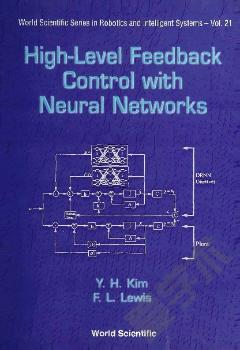Networked Control Systems with Intermittent Feedback
Networked Control Systems (NCSs) are spatially distributed systems for which the communication between sensors, actuators and controllers is realized by a shared (wired or wireless) communication network. NCSs offer several advantages, such as reduced installation and maintenance costs, as well as greater flexibility, over conventional control systems in which parts of control loops exchange information via dedicated point-to-point connections. The principal goal of this book is to present a coherent and versatile framework applicable to various settings investigated by the authors over the last several years. This framework is applicable to nonlinear time-varying dynamic plants and controllers with delayed dynamics; a large class of static, dynamic, probabilistic and priority-oriented scheduling protocols; delayed, noisy, lossy and intermittent information exchange; decentralized control problems of heterogeneous agents with time-varying directed (not necessarily balanced) communication topologies; state- and output-feedback; off-line and on-line intermittent feedback; optimal intermittent feedback through Approximate Dynamic Programming (ADP) and Reinforcement Learning (RL); and control systems with exogenous disturbances and modeling uncertainties.
{{comment.content}}








 京公网安备 11010802027623号
京公网安备 11010802027623号